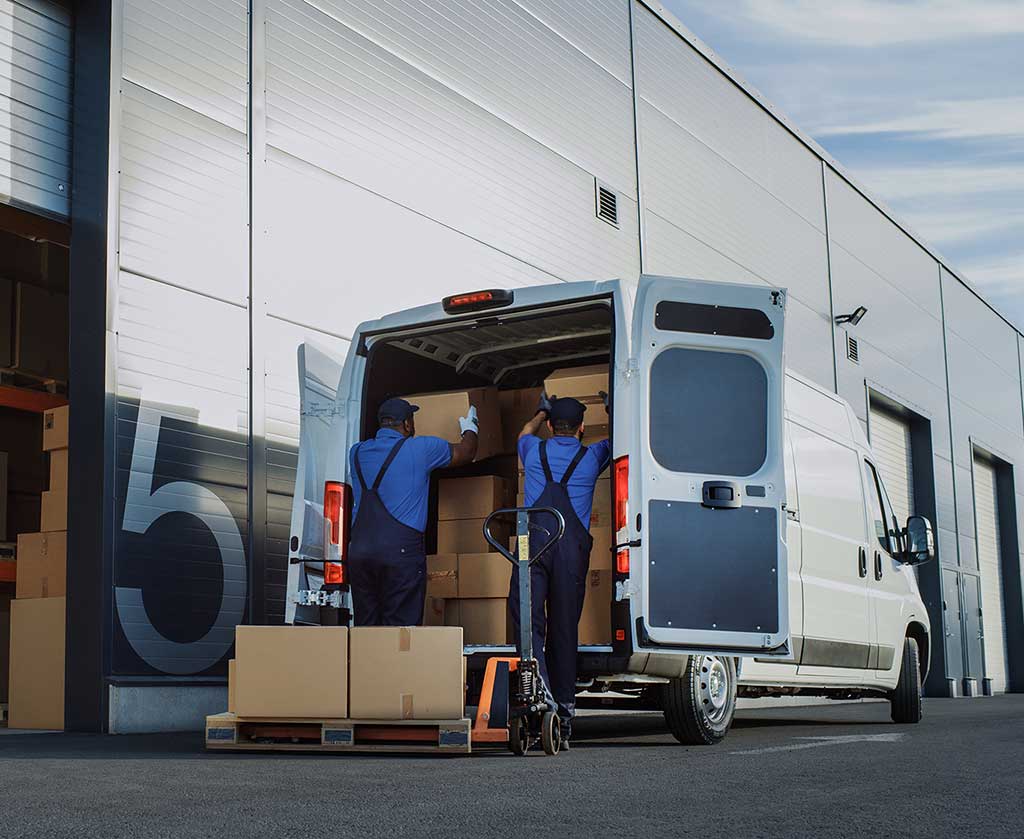Yes, there will be specific limits and exclusions that you need to look out for. You will get this from reading the terms and conditions specific to the policy you are looking to take out. However, you can use this list as a guide:
• Most policies start with a minimum of £10,000 limit but we can offer cover starting at £5,000.
• High-value goods, perishable items, collectibles, hazardous goods such as explosives, or transporting certain types of products such as livestock are likely to be excluded or have limitations applied.
• Europe or worldwide cover is not always provided as standard, so it is worth checking with your provider if you need that type of cover.
• Transporting food such as delivery drivers from your local takeaway – this requires a different type of policy and is not typically covered on Goods in Transit policy.
• Transporting unknown items may also be excluded from your policy.
• You also need to make sure that your load is well packaged to avoid damage.
• Depending on the type of companies you are working with, they may well ask for certain indemnity limits to be applied to your policy before allowing you to work for them. Don’t be surprised if they ask to see your Insurance Certificate as evidence.
• You will also need another policy to cover items that are held in any warehousing facility you may have. Items left in your vehicle overnight and not in the process of being transported may not be covered as they are not in ‘Transit’.
• Claims may also be refused on the grounds of:
- Poor/defective packaging
- Shortage in weight
- Thefts from unlocked, unattended vehicles
- Damage that derives from dangerous driving
- Confiscation by the police/authorities
• Some courier van policies may incorporate Goods in Transit cover as part of their policy. Be aware that cover limits in these situations may be low and, therefore, you need to check that they are adequate for your requirements.
